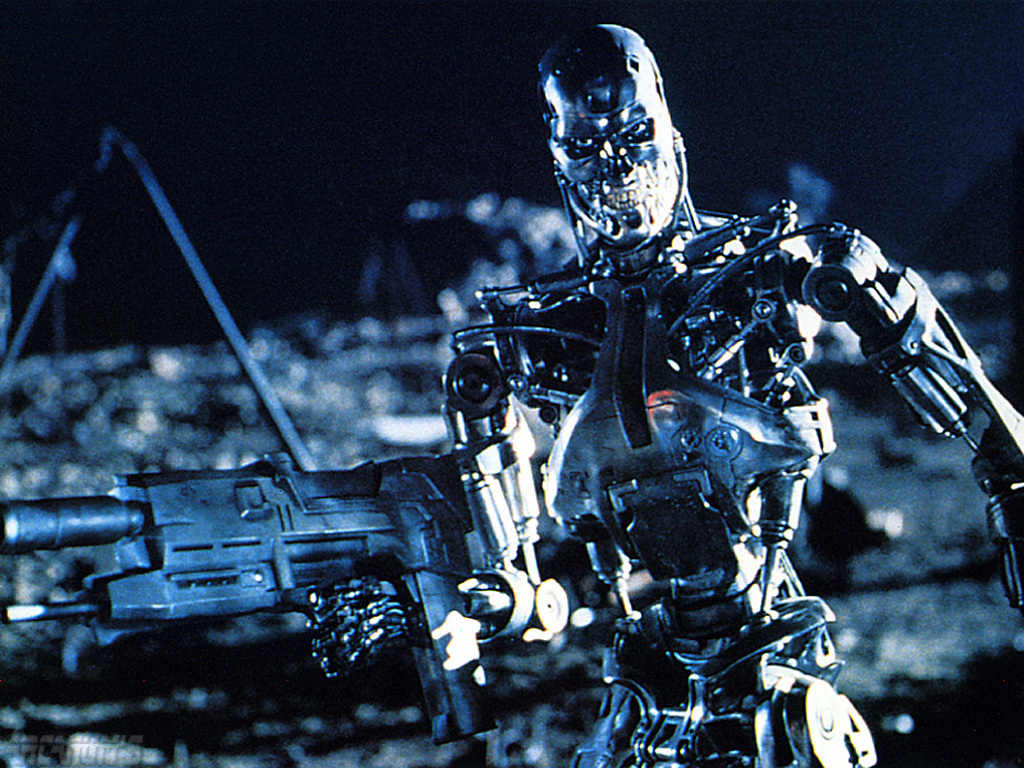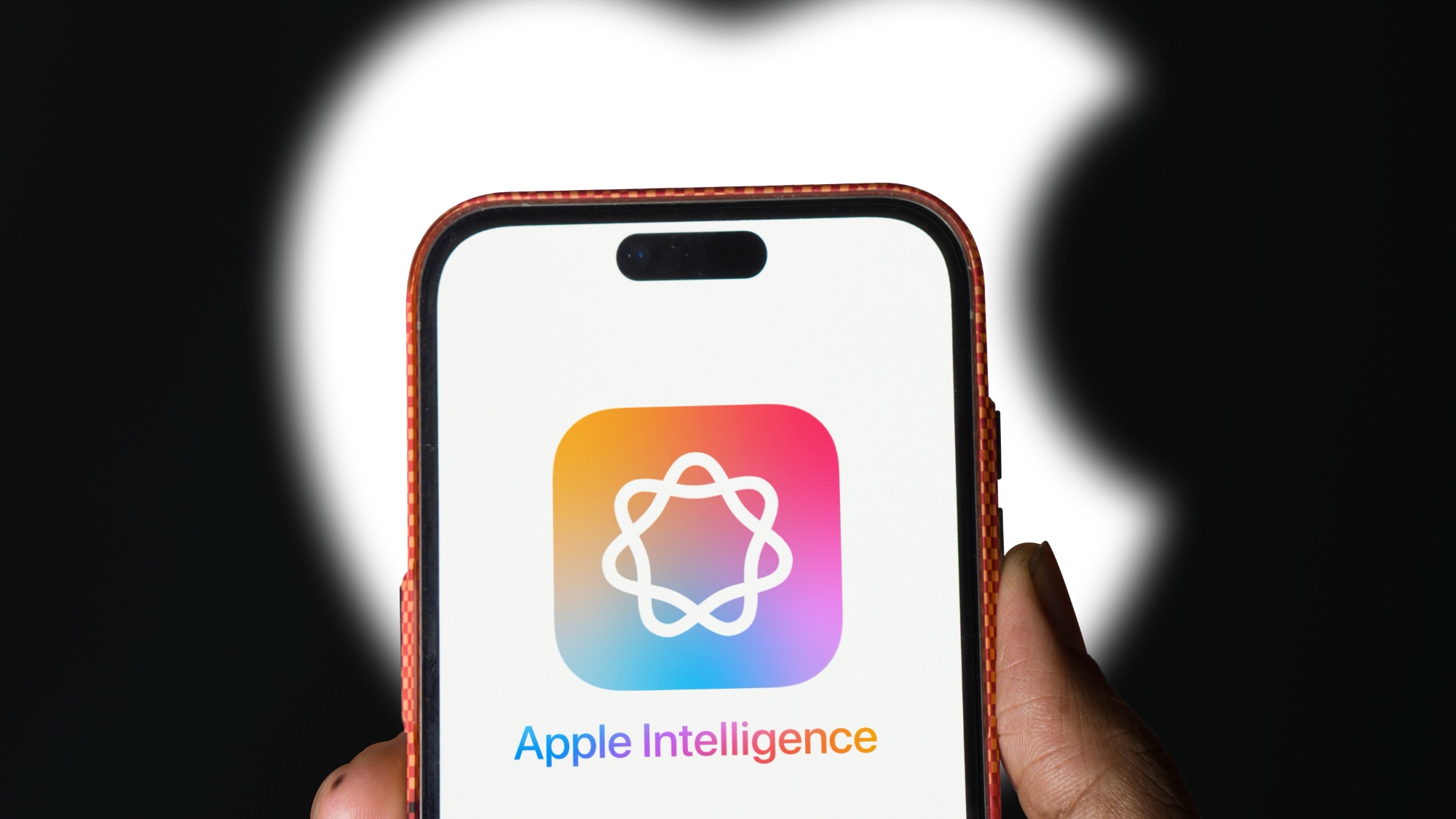Chess Champ Kasparov Not Worried About Robot Takeover
Though he was once beaten by a machine in chess, Garry Kasparov is looking forward to the day when humans work with artificial intelligence.
LAS VEGAS — At the DEF CON 25 hacker conference here today (July 28), chess champion, political activist and Avast antivirus brand ambassador Garry Kasparov offered a surprisingly optimistic vision of human interaction with intelligent machines.

"I believe there's plenty of room for both man and machine," Kasparov said. "I don't think we are facing digital Armageddon."
Twenty years ago, Kasparov famously lost a six-game chess match to Deep Blue, an IBM supercomputer. A Newsweek cover called the match "The Brain's Last Stand," and when Kasparov lost, the moment was hailed as the dawn of artificial intelligence.
Despite his loss, Kasparov said that intelligent machines will not replace humans. Instead, machines working together with humans will be able to solve more problems than either machines or humans could by themselves — if we humans can learn to trust intelligent machines, not try to stop them.
"Technology destroys the old world and creates a new one," Kasparov said. "The sooner it happens, the better we are."
MORE: How to Protect Your Identity, Personal Data and Property
Kasparov said that a few years after he was beaten by Deep Blue, other chess players took on supercomputers with the assistance of less highly-powered machines — and usually won.
Sign up to get the BEST of Tom's Guide direct to your inbox.
Get instant access to breaking news, the hottest reviews, great deals and helpful tips.
"A human-machine team always dominated a single supercomputer," he said.
Interestingly, relatively weak chess players did better working with computers than did strong players. Kasparov said that was because a weak player would trust the computer's judgment, but a strong player would sometimes think he or she knew better than the machine — and make more mistakes as a result.
"In medicine, machines are far more accurate than doctors in giving diagnoses," Kasparov said. "So would you rather be diagnosed by a good doctor with a machine, or by a good nurse with a machine?"
For these reasons, he argued, humans will have to learn to trust intelligent machines and accept that the machines will make fewer mistakes.
"Our descendants are going to look back at us and think we were crazy to oppose self-driving cars," Kasparov said. "Human-caused auto accidents are one of the leading causes of death. Why do we want to keep that?"
But, he said, machines can only provide answers. They can't come up with the relevant questions. Intelligent machines are not much good without humans to use them, but can be tremendously useful in their ability to rapidly provide information and analysis.
"Machines offer an opportunity to take larger risks," Kasparov said. "Even the Terminator movies show humans working with machines to defeat other machines."
That will happen, he said. Resisting technological progress is always futile.
"One hundred years ago, one of the strongest labor unions in New York City was the union of elevator operators," Kasparov said. "The newer technology was already there — you just pushed the button. But people were afraid to.
"You know what changed things?" he asked. "One day, the union decided to go on strike."
Instead, he said, we should embrace the machine-assisted future for the betterment of humanity, even though it will initially be disruptive as intelligent machines take human jobs.
"New technology renders whole industries obsolete before it creates new jobs," he said. "If you try to slow down the process with regulations, you just make it more painful."
"But technology is agnostic. It's neither good nor evil," Kasparov added. "It's up to we humans to do what only humans can do: dream, and dream big, so that we can get the most out of these amazing new tools."
Paul Wagenseil is a senior editor at Tom's Guide focused on security and privacy. He has also been a dishwasher, fry cook, long-haul driver, code monkey and video editor. He's been rooting around in the information-security space for more than 15 years at FoxNews.com, SecurityNewsDaily, TechNewsDaily and Tom's Guide, has presented talks at the ShmooCon, DerbyCon and BSides Las Vegas hacker conferences, shown up in random TV news spots and even moderated a panel discussion at the CEDIA home-technology conference. You can follow his rants on Twitter at @snd_wagenseil.

